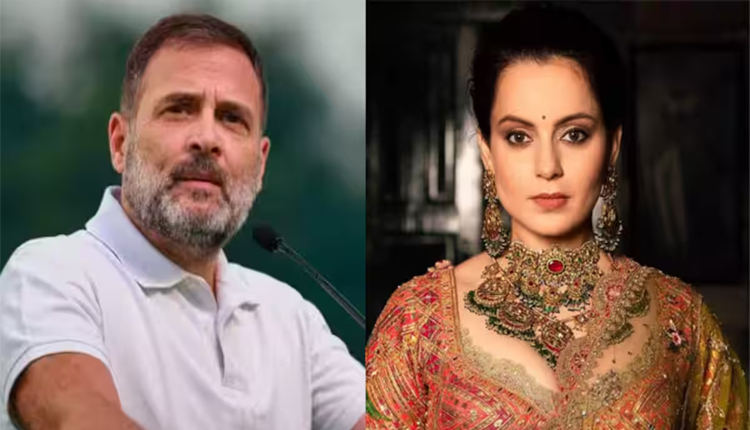New Delhi: The Indian Parliament has announced the formation of 24 department-related standing committees, with the notification released by the Rajya Sabha Secretariat detailing significant appointments and reassignments that could shape legislative priorities in the coming sessions.
Leader of the Opposition, Rahul Gandhi, has been appointed as a member of the Committee on Defense Affairs, which will be chaired by BJP MP Radha Mohan Singh. In another notable appointment, Samajwadi Party leader Ram Gopal Yadav will lead the Parliamentary Committee on Health.
Kangana Ranaut, a prominent actress turned politician, is set to bring her perspective to the communication and IT committee, chaired by BJP MP Nishikant Dubey. This committee, integral to shaping policies in the digital and telecommunications sectors, promises to be under significant public scrutiny.
The distribution of chairperson roles illustrates a strategic spread of leadership across the political spectrum. BJP MPs have been appointed to head 11 of the committees, reflecting the party’s parliamentary strength, while allies head four more. The DMK and Trinamool Congress have secured leadership for two committees each, highlighting their emerging roles in parliamentary governance.
Additional significant appointments include Bhartruhari Mahtab, a seasoned BJP MP, who will chair the Parliamentary Committee on Finance. Congress leader Digvijay Singh is set to oversee the Parliamentary Committee on Women, Education, Youth, and Sports, while his party colleague Shashi Tharoor has been entrusted with the Committee on External Affairs, which will include member Arun Govil, famously known for his portrayal of Lord Ram in television.
Further, BJP’s Anurag Thakur has been appointed chairman of the Coal, Mines and Steel Committee, a key position given the sectors’ importance to India’s economic infrastructure.
These committees are essential mechanisms within the Parliament, enabling detailed scrutiny and discussion of various subjects which cannot be adequately covered during regular parliamentary sessions. They often function as mini-parliaments, providing a platform for cross-party dialogue and oversight of governmental departments.
As these newly appointed leaders take their positions, the focus will undoubtedly be on how they navigate complex issues within their jurisdictions, aiming to influence policy and legislative outcomes significantly.



Comments are closed.